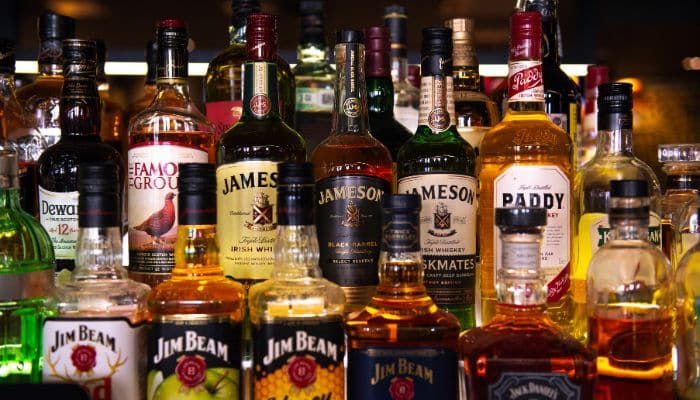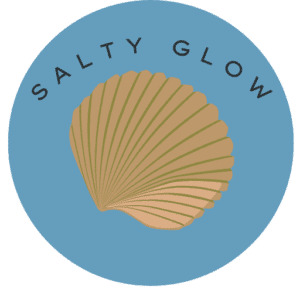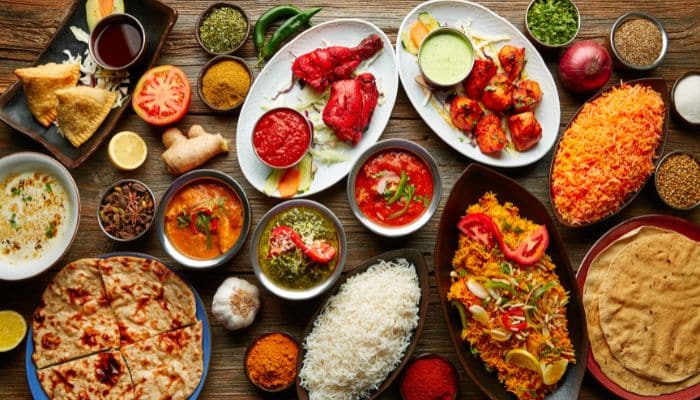Alcohol is a drug and as such has psychoactive effects and affects brain chemistry. Given the widespread use of alcohol and the fact that it is so commonly used socially, it’s easy to get caught up in the myths surrounding this drug. Here we take a look at what you might know about alcohol, along with some of the facts that might surprise you.
What is alcohol?
Alcohol is a depressant drug that is made by fermenting barley, wheat, grapes or other fruit and vegetables. It is a colourless, tasteless liquid that is produced as a by-product of the brewing process. It is sometimes called “grain alcohol” because it is mainly made from fermented grains, but some products are made from fruit and sugar instead. Alcohol is also produced as a by-product of wood or petroleum fermentation and as a cosmetic for some medicines.
It’s used in everything from medicines to cleaning products. Alcohol is used in many activities, from drinking wine with a meal, to using it to sterilise surgical instruments. Most people don’t drink alcohol when they are hungry because the body breaks down any food or drink that is consumed before the body has time to use it.
Alcohol Is A Mix of four substances
– Ethanol – The main psychoactive ingredient of alcohol, this is a depressant drug that affects brain chemistry and impairs cognitive functioning.
– Water – This is the main ingredient in wine and beer and is also present in many other drinks. It helps the ethanol dissolve in the stomach, liver and mouth and aids the absorption of ethanol.
– EU – This is a type of yeast that is added to the fermentation process to make beer, wine and cider. It’s often added to low-alcohol drinks too.
– Glycerol – This is a sweet-tasting substance that is sometimes added to low-alcohol drinks as a way of increasing their calorie content.
How is alcohol made?
– Yeast is added to fruits, vegetables or grains to make alcohol.
– The fermentation process converts the carbohydrates in the ingredients into ethanol, resulting in ethyl alcohol.
– In the next stage, yeast converts the ethanol into carbon dioxide and water, resulting in ethyl alcohol and carbon dioxide.
– Finally, yeast converts the remaining sugar into different types of alcohol and by-products such as ethanol, carbon dioxide, and glycerol, depending on the type of drink.
– Most drinks contain a mixture of different alcoholic drinks, including beer, wine and spirits.
– This mixture is combined with flavourings, colourings and other additives to produce a specific type of drink.

Effects of alcohol consumption
– Alcohol affects the liver and impairs liver function, increasing the risk of liver diseases such as hepatitis and liver cancer.
– It also harms the stomach and pancreas, leading to abdominal problems including nausea, vomiting and diarrhoea.
– It also increases the risk of brain damage and contributes to accidents by impairing judgement.
– Alcohol also affects brain function, affecting cognitive functioning and making it harder for a person to learn and process information.
– Alcohol can also contribute to antisocial behaviour, including risky sexual behaviour, violence and aggression. – Alcohol also affects a person’s mood, making it harder for a person to feel sad or happy.
Banned or restricted types of alcohol
– Alcohol is a depressant drug, which means it slows down brain function and impairs cognitive functioning.
– In some countries, it is illegal to drink and drive, although it’s still common to see drunk people behind the wheel.
– Other countries, especially in Europe, have stricter laws.
– In some countries, alcohol is restricted to certain hours of the day or certain days of the week, or it is banned completely.
Known as a depressant, but not all spirits are equally bad for you
– Alcohol is a depressant drug and may contribute to accidents by impairing judgement.
– Alcohol is known as a depressant, but not all spirits are equally bad for you.
– While all alcohol is a depressant, the amount a person drinks and the type of drink they drink can affect the risk of accidents.
– Spirits, including gin, vodka, rum, whisky and brandy, are usually produced from fermented grain, grapes or potatoes.
– Other spirits, such as white rum, clear rum, sherry, brandy and grappa, are distilled from wine or other fermented ingredients.
– Spirits made from fermented fruit or sugar are usually less harmful than those made from fermented grains.
– The amount of alcohol you drink also matters. The more you drink, the more likely you are to get into trouble.
– Heavy drinking increases the risk of accidents, violence, mental health problems and other consequences.
– Moderate drinking, as part of a balanced lifestyle that includes physical activity, good food, socialising with family and friends, and getting enough sleep, can have many health benefits.
Signs of alcohol abuse or dependence
– You regularly drink more than the recommended amount.
– There is a strong craving for alcohol.
– You feel unhappy or anxious when you’re not drinking.
– You’ve tried to cut down or stop drinking without success.
– You’ve tried to quit drinking before and found it challenging.
– You’ve Broke a rule or law about drinking alcohol.
– You feel that drinking is taking more time or effort than usual.
– You have tried to hide your drinking from other people.
– You’ve had problems with alcohol before.
Summary
Alcohol is a depressant drug that impairs brain function and contributes to accidents. Alcohol is made from fermented fruits, vegetables or grains, and the amount consumed can vary depending on the drink and the person consuming it.
Alcohol is a mix of ethanol, water, carbon dioxide and glycerol, which can affect your mood, brain function and cause dangerous consequences. Alcohol is a depressant drug that affects brain function and contributes to accidents. Alcohol is a mix of ethanol, water, carbon dioxide and glycerol, which can affect your mood, brain function and cause dangerous consequences.
Alcohol is a depressant drug that impairs brain function and contributes to accidents. Alcohol is made from fermented fruits, vegetables or grains, and the amount consumed can vary depending on the drink and the person consuming it. Alcohol is a mix of ethanol, water, carbon dioxide and glycerol, which can affect your mood, brain function and cause dangerous consequences.




